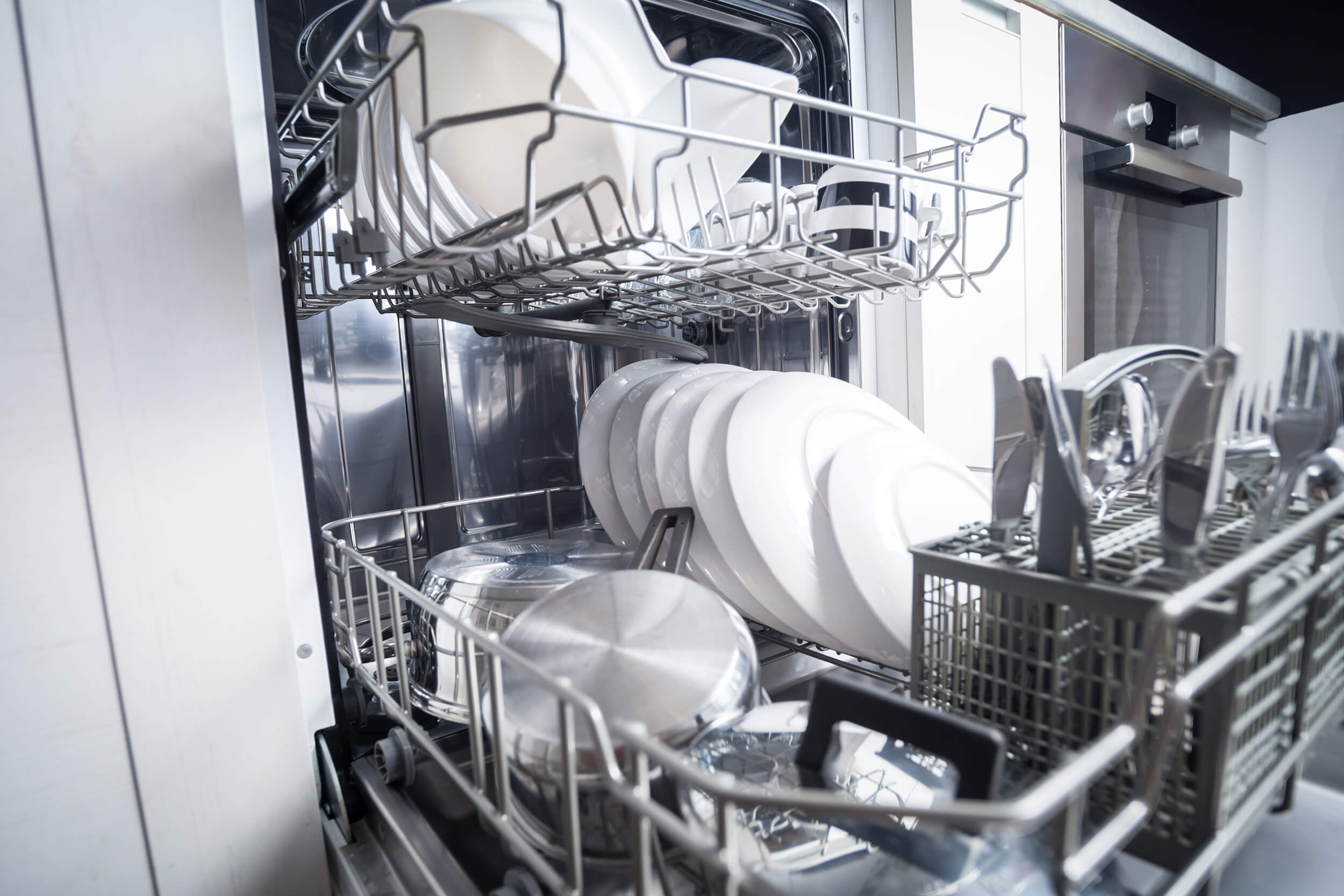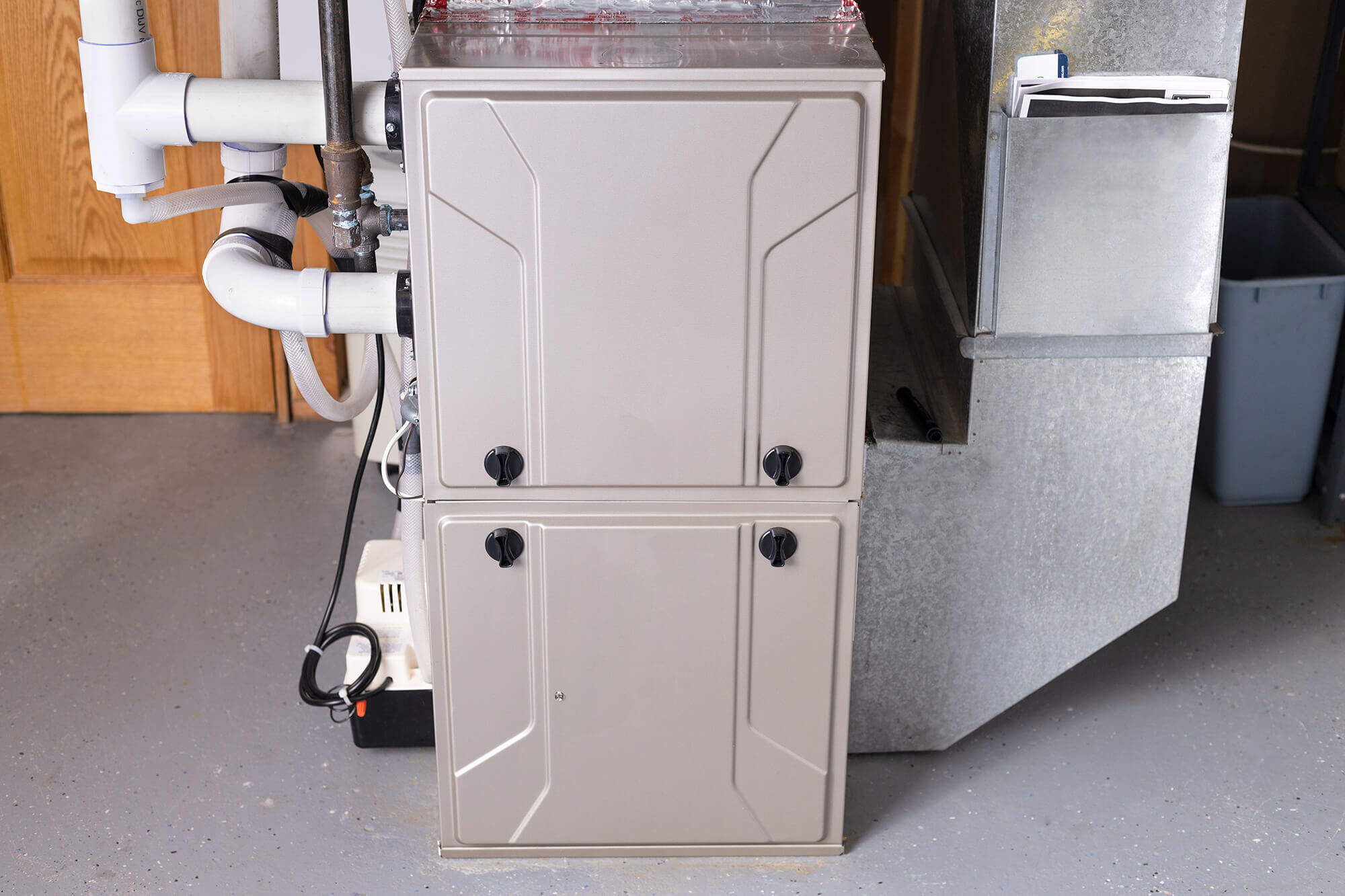HB1185 protects Washingtonians from hazardous mercury exposure, while reducing energy demand, utility bills, and CO2 emissions
OLYMPIA – Fluorescent light bulbs, once the energy efficient lighting choice but having since been passed by LED technology, will be on their way out thanks to a new bill (HB1185) passed by the Washington legislature. The bill is now on its way to Governor Inslee for his signature. If signed, Washington would be the 8th state to phase out the sale of mercury-containing fluorescent bulbs.
Because LED bulbs are much more energy efficient and, unlike fluorescents, do not contain toxic mercury, the move is expected to save state residents and businesses millions of dollars on utility bills while also reducing greenhouse gas emissions.
“I recall as a youth finding a box of old fluorescent tubes behind a shop one day and my friends and I playing Star Wars lightsabers with them. Little did we know how dangerous those tubes really were,” said Representative David Hackney (D-Tukwila), the bill prime sponsor. “It’s good to know kids in the future won’t be exposed to such situations.”
Washington has regulated fluorescent light bulbs for years due to their mercury content, including operating a statewide fluorescent bulb recycling program to give consumers a way to safely dispose of their old bulbs. With LEDs now widely available and cost effective as fluorescent replacements, the legislature decided it was time to turn off the tap on the inflow of this hazardous waste containing product.
“I’ve worked for years to reduce toxic mercury pollution in Washington, including helping setup the original fluorescent recycling program, and I’m glad to see us finally transition away from this no longer needed product,” said Senator Sam Hunt (D-Olympia), who offered the final amendment on the Senate floor on March 1.
After January 1, 2029, most new fluorescents would not be sold in Washington, allowing LEDs to gradually take their place as consumers purchase new light bulbs.
“For decades consumers had to make a tradeoff with their lighting choice. Use fluorescent light bulbs because they were more energy efficient than other options but stomach the risk of the bulbs breaking and releasing the toxic mercury found within. Thankfully we don’t need to make that tradeoff anymore,” said Representative Beth Doglio (D-Olympia), chair of the House Environment and Energy Committee.
Brian Fadie, State Policy Manager with the Appliance Standards Awareness Project (ASAP), noted “Using lighting market data, we estimate Washington will save $37 million annually on utility bills by 2035 while also avoiding 32,000 metric tons of CO2, the equivalent of taking approximately 7,000 gas powered vehicles off the road every year.”
Washington’s LightRecycle program ensures that mercury-containing light bulbs go to qualified recyclers that remove and sequester the mercury out of the lamps, preventing mercury releases to the environment. Passage of HB1185 allows the recycling program to continue uninterrupted and terminate in 2035.
“We’ve seen the real world benefits of this program at our Household Hazardous Waste Facility and recycling centers in Kitsap County over the past decade, said Rick Gilbert, Program Analyst at Kitsap County Solid Waste Division. “Even with the move to LED lighting in homes, we still get thousands of mercury-containing lamps from households every year.”
"We're thrilled with the passage of HB 1185, because the mercury light stewardship program has been crucial for keeping residents and workers safe,” said Maythia Airhart, Director of Hazardous Waste Management Program serving King County. “It is very important that we reduce mercury exposures because it is toxic, affecting the brain, spinal cord, kidneys and liver.”
Mckenna Morrigan, Strategic Advisor, Seattle Public Utilities added “Phasing out mercury containing bulbs is a critical step for public and environmental health. But these bulbs can last for years, so extending the stewardship program through 2035 will ensure that our residents continue to have convenient access to safe recycling for bulbs from their homes, and producers will do their part to provide responsible management of their legacy products.”
“The LightRecycle bill was one of the first product stewardship laws that Zero Waste Washington and partners helped get passed, led by Senator Hunt back when he was a state representative in 2009,” said Heather Trim, Executive Director of Zero Waste Washington. “It’s great that we are now seeing that recycling program wind down because we have next generation bulbs in general use. We don’t often see recycling programs come to a close for such a good reason.”
###




